Dubai has become an ideal destination for investors, with a multitude of new developments in the real estate market throughout the city. Due to the expanded availability of properties for sale or rent, individuals now have a wide range of options to choose from.
When buying property in Dubai, there are numerous factors to take into account, and one significant factor is the choice between freehold vs leasehold property. Each of these options has its advantages and disadvantages. To assist those in search of homes or villas for sale in Dubai, we have created a comprehensive “freehold vs leasehold” comparison, providing a detailed explanation of these terms. Keep reading to learn more!
What is a Freehold Property in Dubai?
In Dubai, this type of property grants the owner full ownership rights. Once the owner’s name has been registered with the Dubai Land Department (DLD) and a title deed has been issued, the property belongs solely to the owner. The owner has the freedom to sell or rent the property at their discretion.
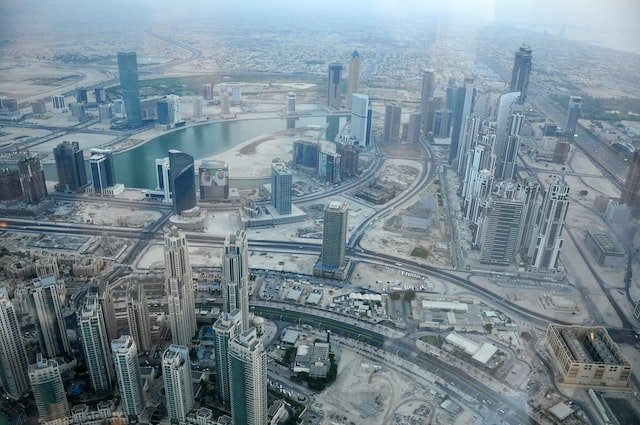
| Advantages | Disadvantages |
|---|---|
| If you own or have control over the property, you don’t need anyone’s permission to make small changes or renovations. However, if you want to alter the exterior of the property, you will need to get permission from the developer responsible for it. | Due to limited availability, properties in Dubai can only be purchased from specifically designated freehold areas. |
| You have the freedom to sell or rent the property as you see fit. | Maintenance and structural repairs for these types of properties are entirely the responsibility of the owner. |
| If the property owner dies or there is no will found for the property, the property will be inherited by the owner’s family without any intermediary steps. | You will incur additional expenses as the entire bill for annual maintenance charges will be your responsibility. |
| If the value of the freehold property exceeds AED 1 million, the owner of the property and their family members can obtain a UAE residence visa that can be renewed. |
What is a Leasehold Property in Dubai?
Leasehold properties are acquired through a lease agreement with the property owner for a fixed duration (which may be 99 years or less). In such cases, buyers do not have ownership rights and are not allowed to make alterations, repairs, or modifications to the property without obtaining permission from the owner.
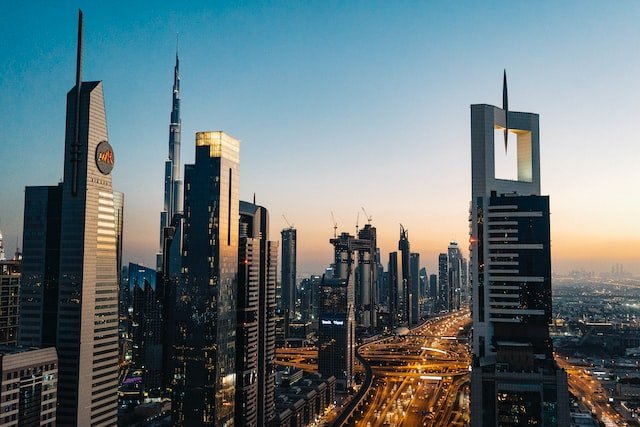
| Advantages | Disadvantages |
|---|---|
| In Dubai, there are different leasehold property options available at varying prices depending on the location. | Leasehold properties do not allow subletting. |
| As an ex-pat, you are not allowed to purchase a freehold property in non-designated areas. | Written permission from the owner is required for any changes or improvements to the property. |
| You are not responsible for paying property maintenance charges as it is the landlord’s responsibility. | Upon the expiration of the lease, the property reverts back to the owner. |
| The lease term can be extended upon expiration. |
Freehold vs Leasehold in Dubai: 10 Differences
| Differences | Leasehold | Freehold |
|---|---|---|
Definition |
Leasehold ownership means that the owner holds the rights to a home or flat through a lease, but they do not have ownership rights to the land. | Freehold ownership means that the owner has complete ownership of both the property and the land it stands on. This includes ownership of a standalone building or any other type of property. |
Ownership After Lease Expiry |
The ownership of a property after the expiration of a lease is uncertain and depends on the renewal of the lease, which may or may not happen. | In the case of freehold ownership, the owner retains complete ownership of the property and the land it stands on, with all the associated freehold rights. |
Lease Period |
Leasehold ownership typically involves a lease period of more than 99 years. | Not applicable. |
Example |
Having possession of a flat in an apartment or society on a leasehold basis. | Having complete ownership of a standalone building, including the land it stands on, through freehold ownership. |
Annual Rent for Land |
If someone has leasehold ownership, they might have to pay rent for the use of the land since they don’t actually own the land. | If someone has freehold ownership, they don’t have to pay any rent to anyone since they own both the land and house on a lease basis. |
Transfer of Property |
When it comes to leasehold ownership, transferring property from one person to another is relatively challenging, and the transfer of leasehold rights is accomplished through a power of attorney. | Under freehold ownership, the owner has complete legal rights to sell or transfer the property, and the process is relatively straightforward. |
Suitable Buyer Type |
Leasehold properties are more suitable for potential homeowners who have a relatively lower budget. | If there are no financial restrictions, freehold ownership is the most desirable option due to the clear ownership and flexibility that come with it. |
Mortgage Loan |
It is more challenging compared to freehold ownership. | Banks or financial institutions are more comfortable providing loans for freehold properties because of the ownership structure. |
Work Flexibility |
Under leasehold ownership, the owner of a flat may not have the ability to perform significant alterations to the common areas of the building. However, they may make some changes to their own flat with certain limitations. | If someone has freehold ownership, they are permitted to carry out both significant and minor work on their property without restrictions. |
Cost of Ownership |
Leasehold properties tend to be less expensive since the land they are situated on is leased rather than owned. | Freehold properties are generally more expensive because the land they are situated on is purchased outright, which can result in significantly higher land prices. |
Best Freehold areas in Dubai

Here’s a list of some of the top freehold areas in Dubai:
Business Bay
When thinking about freehold zones, Business Bay is one of the first districts that come to mind. It offers various apartments for purchase using both traditional money and cryptocurrency. The community consists of residential towers and commercial complexes.
Dubailand
Dubailand is a freehold zone that is experiencing rapid growth and has numerous off-plan projects in progress. Several well-known developers are building freehold apartments and villas in the area. Dubailand is also set to feature theme parks, recreational spaces, commercial shops, and more.
Downtown Dubai
Downtown Dubai is famous for its iconic landmarks like the Burj Khalifa and the Dubai Mall. It’s a trendy community with high-end apartments for sale, located in close proximity to essential infrastructure and tourist attractions. This is the perfect place to experience the luxurious metropolitan lifestyle.
Barsha Heights
Located on Sheikh Zayed Road in Downtown Dubai, Barsha Heights is a renowned freehold zone in the city. It offers roomy offices, mid-range hotels, and residential apartments.
International Financial Center (DIFC)
The DIFC, which is short for the Dubai International Financial Center, is a high-end mixed-use community situated close to the city centre. It is home to various tall residential buildings offering apartments for sale and is a major corporate and financial centre in the Middle East.
Dubai Marina
Dubai Marina is a well-known area renowned for its stunning views and artistic scenery. It is a fashionable and popular destination that includes beaches, a picturesque water canal, numerous restaurants, cafes, and shopping malls.
Jumeirah Beach Residence
Jumeirah Beach Residence, or JBR, is a development comprising of 40 high-rise towers and six clusters of residential and commercial properties.
Jumeirah Lake Towers
Jumeirah Lake Towers (JLT) is located around four artificial lakes, with a total of 26 clusters, each named alphabetically from A to Z. It is a highly desirable location for real estate investors due to its diverse range of stylish apartments across 79 towers.
AL BARARI
Al Barari is a wealthy and private community spread over 18 million square feet. It is home to tailor-made villas and apartments, located in beautiful gardens and beside tranquil lakes.
AL FURJAN
Al Furjan is a gated community located next to Discovery Gardens in Dubai, and it offers freehold villas and apartments. The properties in Al Furjan have convenient access to major roads such as Sheikh Zayed Road and Sheikh Mohammed Bin Zayed Road. Check out Zazen Gardens if you’re looking for modern & luxurious properties in Al Furjan.
Best Non-freehold areas in Dubai
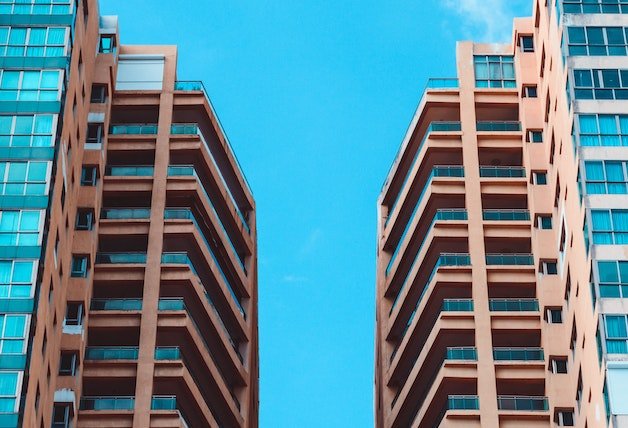
Although the government has granted freehold status to certain projects in non-freehold areas over the past few years, these areas are still generally considered non-freehold areas in Dubai.
UMM SUQEIM
Umm Suqeim is a wealthy Dubai neighbourhood, which mainly comprises villas and is not a freehold area. Emirati investors seeking to purchase a villa in Umm Suqeim will find that the sales prices begin at AED 1.3 million for 3-bedroom villas and go as high as AED 38 million for 6-bedroom villas.
AL BARSHA
Al Barsha is a residential area that was established in the early stages of the development of what is now known as New Dubai. It is situated near Sheikh Zayed Road and has convenient access to Al Khail Road, making it a convenient location.
MIRDIF
Mirdif is a community in Dubai where entire families have lived for generations, from young children to grandparents. One of the distinguishing features of Mirdif is its diverse collection of villas, each built by individual owners. The villas in Mirdif are known for their spaciousness, both indoors and in their private gardens. The community has a mix of locals, Arabs, westerners, and Asians, and has been popular with ex-pats since the 1990s, with many long-term renters in the area.
AL WARQAA
While Al Warqaa might not be well-known to newcomers in Dubai, it is a familiar neighbourhood to long-time residents. Al Warqaa is known for its affordable and spacious properties that primarily house local, Arab and Asian ex-pats.
Al Satwa
Al Satwa is known for its cultural diversity and one of the main advantages of living there is the availability of affordable rents. The buildings in the area are mostly low-rise and offer a variety of apartments, ranging from studio flats to 1, 2, and 3-bedroom apartments.
Conclusion
This is the main difference between freehold and leasehold properties, and each type has its own advantages and disadvantages. It is essential for buyers to evaluate these factors carefully before deciding on which type of property to invest in.
By doing so, they can choose a property that they can be proud of and that will provide them with benefits and perks in Dubai.
Frequently Asked Questions(FAQS)
Is it possible to change a property held under lease to one that is held under freehold?
Converting a leasehold property to a freehold property is feasible, although it requires a significant investment of both time and money. Nonetheless, it can be done.
How does Freehold property differ from Leasehold property?
Purchasing a freehold property grants full ownership of the property and the land it occupies. You have the freedom to sell, rent or occupy the property at your discretion, and you can pass it down to your descendants. Conversely, when acquiring a leasehold property, you only have the property rights for a limited duration, typically no longer than 99 years. Additionally, you don’t own the land, and most major property rights remain with the landowner.
How does a Free zone differ from a Freehold?
Free zones are exclusive business zones that do not contain residential properties. They are an attractive option for foreign companies looking to establish themselves in Dubai, as they offer tax exemptions. Free zones in Dubai are designed to encourage foreign investment, and business owners who set up in these areas enjoy 100% ownership of their companies.
In contrast, freehold areas are places where non-GCC nationals can own properties. If you purchase a property in a freehold area, you acquire full ownership of the housing unit and land. This allows you to sell, lease, or occupy the property as you see fit.
How to extend leasehold property in Dubai after expiration?
To extend a leasehold property in Dubai after it has expired, the process can vary depending on the lease agreement. However, here are some general steps that can be followed:
- Review the lease agreement
- Contact the landlord
- Negotiate new terms
- Create a new lease agreement
- Register the new lease agreement
What are the steps involved in changing a leasehold property to a freehold property?
By completing the necessary paperwork, it is possible to transform a leasehold property into a freehold property.

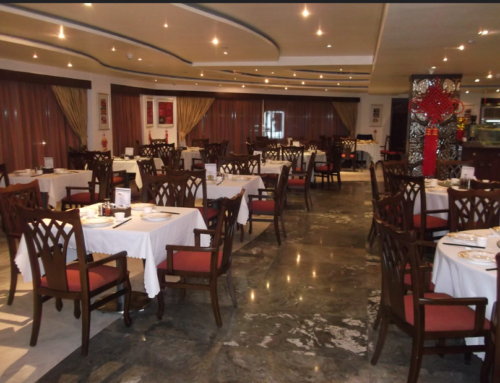
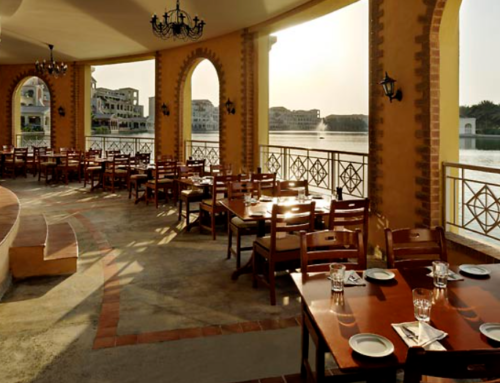
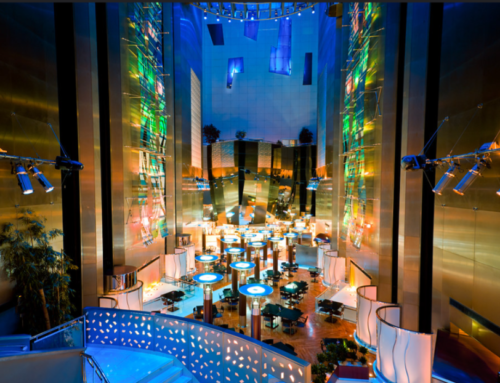
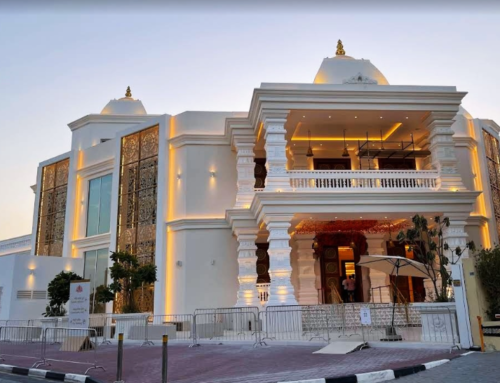
Leave A Comment